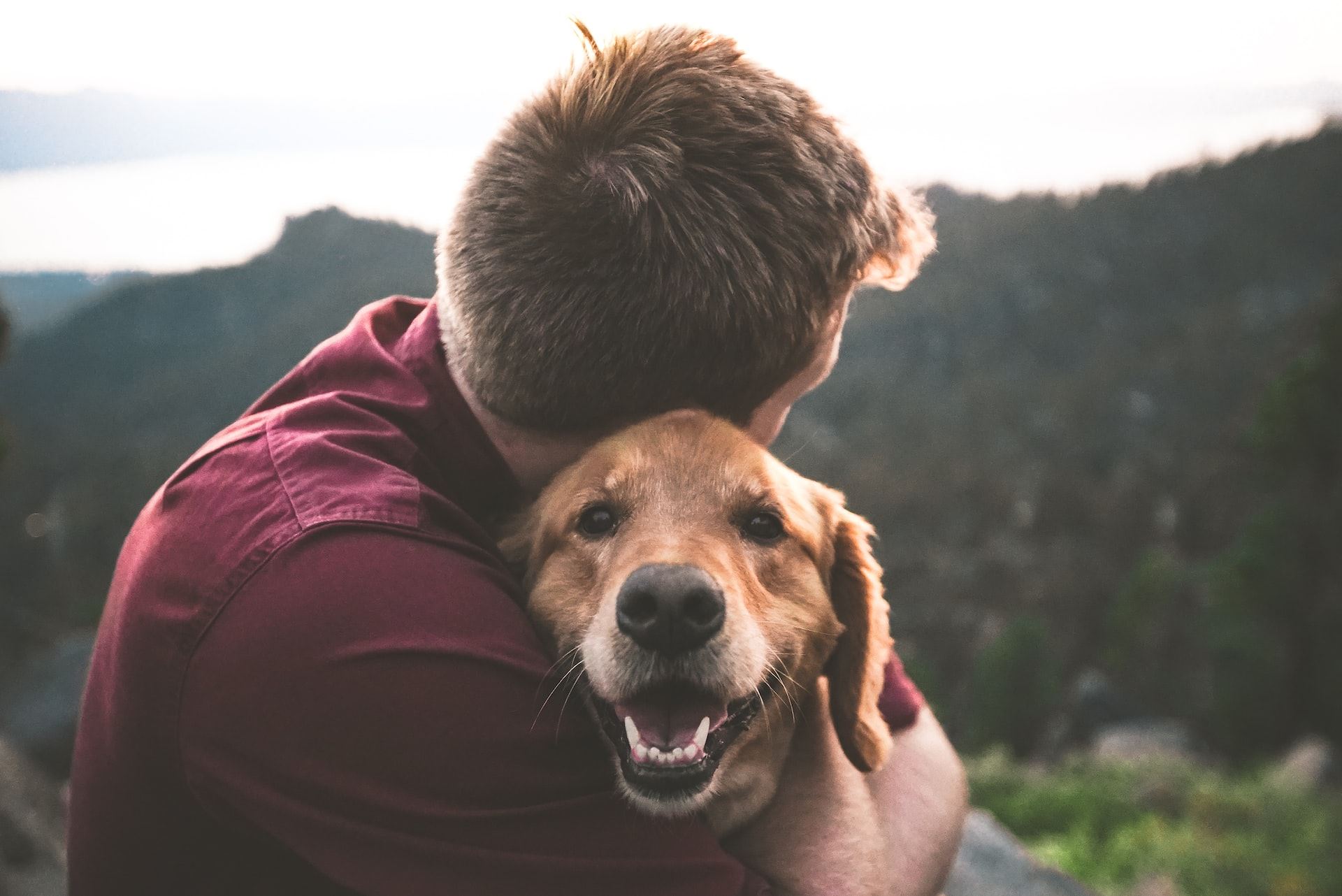Contrary to popular belief, Florida courts will not offer custody or visitation rights of a pet—such as a dog, cat, or fish. Instead, they award ownership over the creature since it is legally classified as property. Furthermore, there isn’t an equivalent “best interests” standard for pets that applies to children in divorce situations. This means only one spouse can keep Fido or Fluffy after the settlement is finalized.
Bennett v. Bennett, a family law case from the 1990s, best exemplifies why pets are no longer subjected to a custody-type arrangement. The divorcing spouses could not come to an agreement about who would get their dog and so the trial court gave sole custody to the husband with visitation rights for his wife. However, due to frequent motions filed by both parties in regard to adjusting these custodial conditions for their animal companion, this matter was eventually passed up to the appellate court. The judges chose against allowing lower courts to make these custody-like rulings—noting the number of child custody cases already inundating the courts.
How Pets Fit into Florida’s Equitable Distribution Rules
In Florida, when a marriage dissolves, the shared marital estate must be fairly and equitably allocated. The process used for this distribution is called equitable division. Should a divorcing couple fail to reach an agreement regarding what that “fair” outcome should look like, it will then fall upon the court’s discretion. To make such a decision, numerous factors are taken into account in order to create something truly equitable for both parties involved. This holds true for family pets as well, and the court may take into account a variety of criteria when deciding who should be granted ownership, including:
- Which spouse dedicated the most time and energy to tending for the pet’s needs?
- Is the requesting spouse financially capable of caring for the pet?
- Who was responsible for taking the pet to veterinarian checkups and ensuring the pet’s wellbeing?
- Is the requesting spouse healthy enough to adequately provide for the animal’s wellbeing?
- What is the estimated value of the pet?
It is important to note that equitable distribution only applies to marital property. So, if you got your pet before the marriage, the court typically considers the animal separate property and will not be subject to division—allowing you to keep them.
Can I Settle Pet Ownership Outside of Court?
Leaving the subject of pet ownership up to the courts can be a gamble, especially if you don’t have a strong legal strategy. The court’s time and resources are limited, and the judge may not be able to fully realize how important your family pet is to you. This makes mediation a more appealing option for many pet owners.
Taking part in mediation gives both parties an impartial third party to help come to a resolution over issues such as alimony, child custody, and asset distribution. The mediator’s role is not about deciding who gets what but rather coming together with both sides at the negotiation table until an accord can be reached. If something specific, like keeping possession of the family pet, is important for you, then it would make sense that making some concessions on other assets might need to take place too.
If you are preparing for divorce, turn to our skilled attorneys at Orshan, Spann & Fernandez-Mesa. We offer traditional and collaborative divorce options, so you can make the right choice for your needs. Call us at (305) 853-9161 or fill out our online contact form for a consultation.


